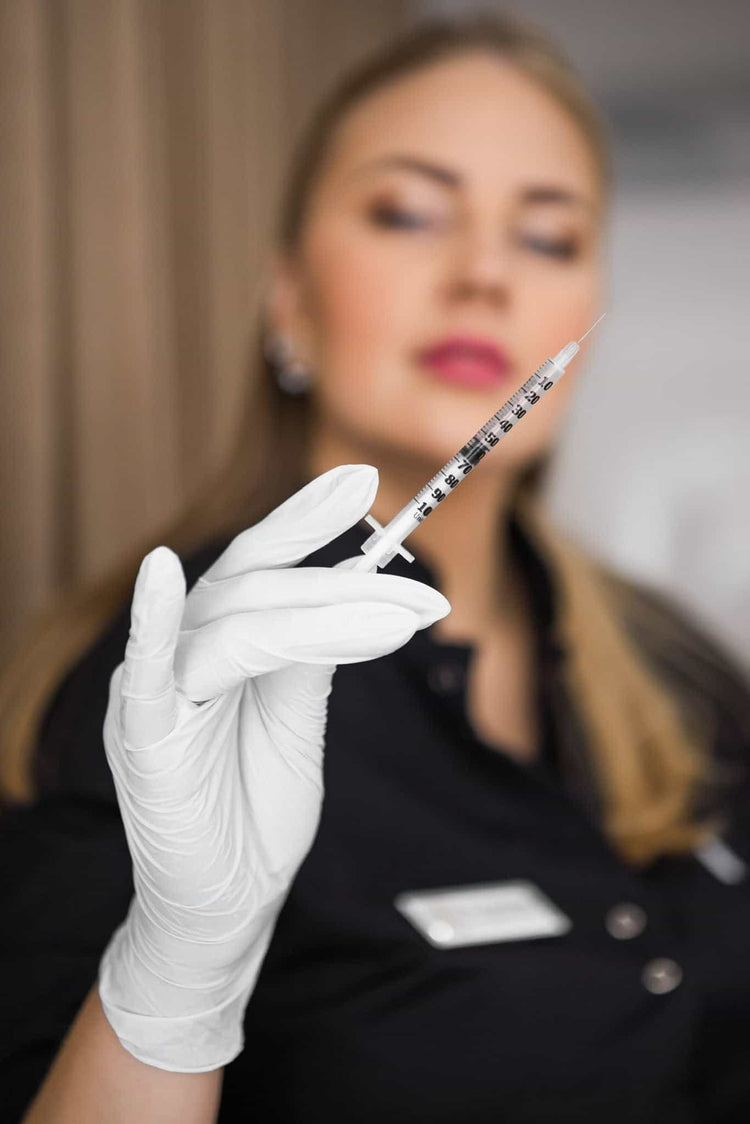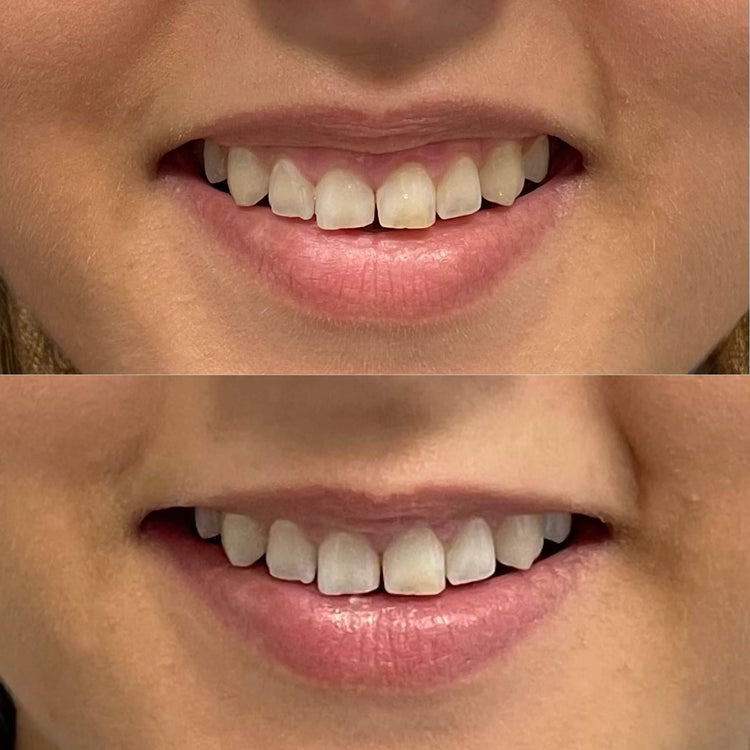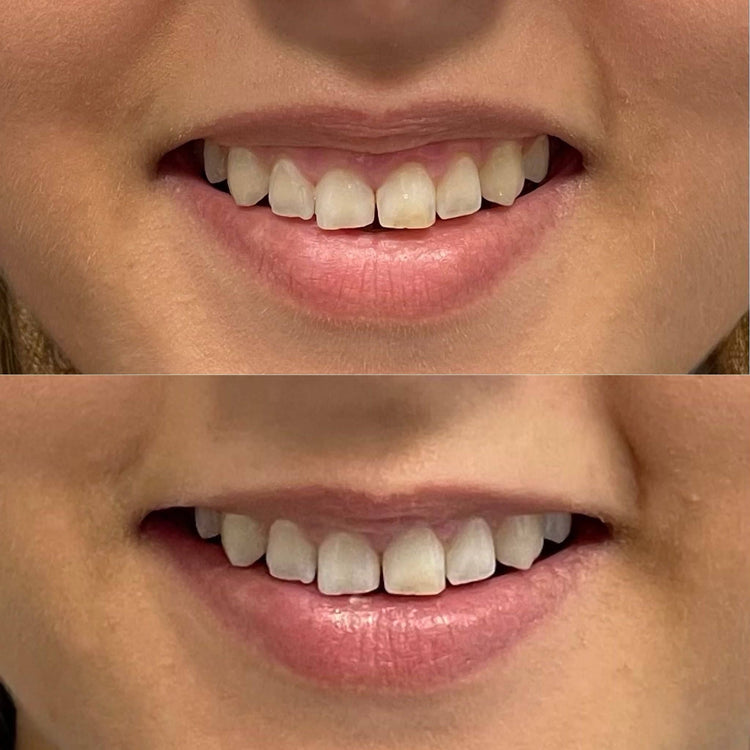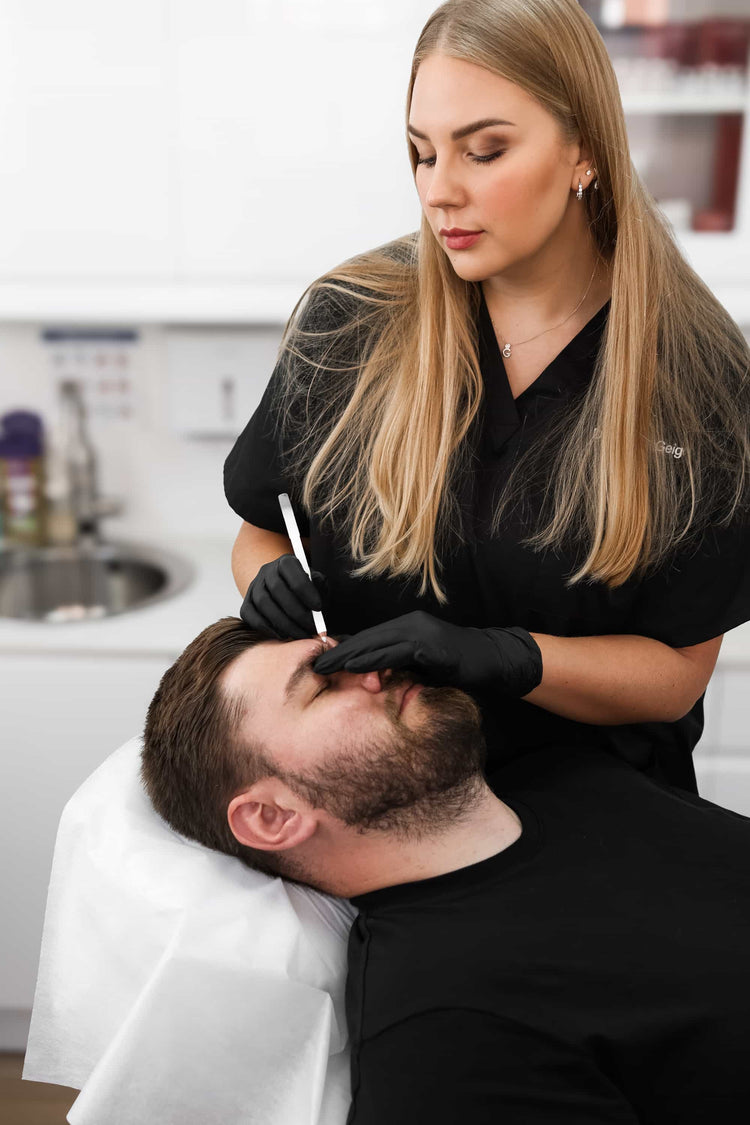Benefits of Chemical Peels for Acne Marks
Chemical peels have emerged as a popular treatment for reducing the appearance of acne marks in Lingfield, Surrey. These peels utilize chemical solutions to exfoliate the top layers of skin, promoting cell turnover and revealing smoother, brighter skin beneath.
Reduction of Pigmentation
One major benefit of chemical peels for acne marks is their ability to diminish post-acne hyperpigmentation. Acne often leaves behind dark spots or patches due to inflammation and excess melanin production. Peels can effectively target these pigment irregularities, lightening the discoloration and improving skin tone.
Furthermore, chemical peels stimulate collagen production, which plays a crucial role in skin texture and firmness. Acne scars can leave the skin rough or pitted. By promoting collagen synthesis, peels help to fill in these imperfections, resulting in a smoother and more even skin surface.
Smoother Skin Texture

Chemical peels are a popular treatment for reducing the appearance of acne marks in Lingfield, Surrey. They work by using chemical solutions to exfoliate the top layers of skin, encouraging cell turnover and revealing fresher skin underneath.
A significant benefit of chemical peels for acne marks is their ability to diminish post-acne hyperpigmentation. Acne often results in dark spots or patches due to inflammation and increased melanin production. Peels effectively target these pigment irregularities, lightening the discoloration and unifying skin tone.
Peels also stimulate collagen production, which is essential for skin texture and firmness. Acne scars can leave the skin looking rough or pitted. By promoting collagen synthesis, peels help to fill in these imperfections, leading to a smoother and more even skin surface.
Improved Collagen Production
Chemical peels are a popular treatment for reducing the appearance of acne marks in Lingfield, Surrey. They work by using chemical solutions to exfoliate the top layers of skin, encouraging cell turnover and revealing fresher skin underneath.
A significant benefit of chemical peels for acne marks is their ability to diminish post-acne hyperpigmentation. Acne often results in dark spots or patches due to inflammation and increased melanin production. Peels effectively target these pigment irregularities, lightening the discoloration and unifying skin tone.
Peels also stimulate collagen production, which is essential for skin texture and firmness. Acne scars can leave the skin looking rough or pitted. By promoting collagen synthesis, peels help to fill in these imperfections, leading to a smoother and more even skin surface.
Types of Chemical Peels for Acne Marks in Lingfield
Chemical peels are becoming increasingly popular as a way to minimize the appearance of acne marks in Lingfield, Surrey. These treatments utilize chemical solutions to gently exfoliate the outermost layers of skin, encouraging cell turnover and revealing healthier, brighter skin underneath.
Superficial Peels
Superficial peels are a mild type of chemical peel that target only the surface layer of skin. They are often used to improve the appearance of acne marks by reducing pigmentation and promoting cell renewal. Superficial peels typically involve using alpha hydroxy acids (AHAs) like glycolic acid or lactic acid.
These acids work by breaking down the bonds holding dead skin cells together, allowing them to shed more easily. This exfoliation process helps to lighten dark spots, improve skin texture, and reduce the appearance of acne scars.
Medium-Depth Peels
Medium-depth peels offer a more intensive treatment for acne marks. They penetrate deeper into the skin than superficial peels, targeting both the surface layer and the underlying dermis. This allows for greater reduction in pigmentation and collagen remodeling.
- These peels often utilize trichloroacetic acid (TCA) as the primary chemical agent. TCA is known for its effectiveness in treating acne scars by stimulating new collagen production and breaking down pigmented cells.
- Medium-depth peels can significantly improve the appearance of deeper acne scars, such as ice pick scars or rolling scars, by promoting skin resurfacing and filling in imperfections.
Deep Peels
Deep peels are a more aggressive type of chemical peel that penetrate deeply into the dermis. They involve using stronger chemicals like phenol, which effectively removes all layers of the epidermis. Due to the significant downtime involved and potential risks, deep peels are generally reserved for treating severe acne scarring or other major skin concerns.
In Lingfield, Surrey, qualified dermatologists or plastic surgeons with experience in chemical peel procedures can assess your specific needs and recommend the most suitable type of peel for addressing your acne marks.
It’s important to consult with a professional to determine if deep peels are appropriate for you and to understand the potential risks and benefits involved.
Finding a Qualified Practitioner in Lingfield, Surrey
Finding a qualified practitioner experienced in chemical peel treatments is crucial for achieving safe and effective results.
Importance of Experience and Expertise
When seeking treatment for acne marks, particularly chemical peels, finding a qualified practitioner in Lingfield, Surrey, is essential. Experience and expertise directly influence the success of the procedure and minimize potential risks.
A skilled practitioner will have a thorough understanding of different peel types, their appropriate applications, and individual skin considerations. They can accurately assess the severity of acne marks and recommend the most suitable peel depth for optimal results.
Furthermore, an experienced practitioner possesses the necessary technical skills to perform the peel safely and effectively. This includes proper preparation of the skin, accurate application of the chemical solution, and post-treatment care instructions.
Checking Qualifications and Accreditations
Finding a qualified practitioner experienced in chemical peel treatments is crucial for achieving safe and effective results when addressing acne marks in Lingfield, Surrey.
- Look for practitioners who are board-certified dermatologists or plastic surgeons with specialized training in chemical peels.
- Check if they belong to reputable professional organizations, such as the British Association of Dermatologists (BAD) or the Royal College of Surgeons (RCS).
- Inquire about their experience and expertise in treating acne marks with chemical peels.
- Request before-and-after photos from previous patients to assess their skill level and the types of results they achieve.
It’s important to choose a practitioner who takes a thorough approach, considering your skin type, medical history, and individual needs to determine the most appropriate peel for you.
Consultation Process
Chemical peels are becoming increasingly popular as a way to minimize the appearance of acne marks in Lingfield, Surrey. These treatments utilize chemical solutions to gently exfoliate the outermost layers of skin, encouraging cell turnover and revealing healthier, brighter skin underneath.
Superficial peels are a mild type of chemical peel that target only the surface layer of skin. They are often used to improve the appearance of acne marks by reducing pigmentation and promoting cell renewal. Superficial peels typically involve using alpha hydroxy acids (AHAs) like glycolic acid or lactic acid.
These acids work by breaking down the bonds holding dead skin cells together, allowing them to shed more easily. This exfoliation process helps to lighten dark spots, improve skin texture, and reduce the appearance of acne scars.
Medium-depth peels offer a more intensive treatment for acne marks. They penetrate deeper into the skin than superficial peels, targeting both the surface layer and the underlying dermis. This allows for greater reduction in pigmentation and collagen remodeling.
- These peels often utilize trichloroacetic acid (TCA) as the primary chemical agent. TCA is known for its effectiveness in treating acne scars by stimulating new collagen production and breaking down pigmented cells.
- Medium-depth peels can significantly improve the appearance of deeper acne scars, such as ice pick scars or rolling scars, by promoting skin resurfacing and filling in imperfections.
Deep peels are a more aggressive type of chemical peel that penetrate deeply into the dermis. They involve using stronger chemicals like phenol, which effectively removes all layers of the epidermis. Due to the significant downtime involved and potential risks, deep peels are generally reserved for treating severe acne scarring or other major skin concerns.
In Lingfield, Surrey, qualified dermatologists or plastic surgeons with experience in chemical peel procedures can assess your specific needs and recommend the most suitable type of peel for addressing your acne marks.
It’s important to consult with a professional to determine if deep peels are appropriate for you and to understand the potential risks and benefits involved.
Finding a qualified practitioner experienced in chemical peel treatments is crucial for achieving safe and effective results when addressing acne marks in Lingfield, Surrey.
- Look for practitioners who are board-certified dermatologists or plastic surgeons with specialized training in chemical peels.
- Check if they belong to reputable professional organizations, such as the British Association of Dermatologists (BAD) or the Royal College of Surgeons (RCS).
- Inquire about their experience and expertise in treating acne marks with chemical peels.
- Request before-and-after photos from previous patients to assess their skill level and the types of results they achieve.
Pre and Post-Treatment Care for Chemical Peels
Preparing for a chemical peel involves following pre-treatment care instructions provided by your practitioner. This may include avoiding sun exposure, using gentle cleansers, and refraining from certain skincare products. Post-treatment care is equally important to ensure optimal healing and results. You’ll likely need to protect your skin from the sun with broad-spectrum sunscreen, apply hydrating creams as directed, and avoid harsh exfoliants or makeup until your skin has fully recovered.

Preparation Before the Peel
Before undergoing a chemical peel for acne marks in Lingfield, Surrey, it’s essential to prepare your skin properly. This typically involves avoiding sun exposure for several days prior to the treatment as sun damage can make the skin more sensitive and increase the risk of complications. Your practitioner may also advise you to discontinue using certain skincare products, such as retinoids or exfoliants, as they can potentially irritate the skin during the healing process.
It’s crucial to follow your practitioner’s specific instructions regarding pre-treatment care, as these may vary depending on the type of peel being performed and your individual skin condition.
Aftercare Instructions and Recovery Time
Pre-treatment care for a chemical peel involves preparing your skin for the procedure. Your practitioner will likely recommend avoiding sun exposure for several days leading up to the treatment, as sun damage can make the skin more sensitive and increase the risk of complications. You may also be advised to discontinue using certain skincare products, such as retinoids or exfoliants, which could irritate the skin during healing.
Post-treatment care is vital for optimal healing and results. Your practitioner will provide specific instructions tailored to your skin type and the peel’s depth. Generally, you’ll need to protect your skin from the sun with broad-spectrum sunscreen, apply hydrating creams as directed, and avoid harsh exfoliants or makeup until your skin has fully recovered.
Recovery time after a chemical peel varies depending on the depth of the peel. Superficial peels often have minimal downtime, with redness and peeling subsiding within a few days. Medium-depth peels may require a week or two of recovery, with more noticeable peeling and flaking. Deep peels typically involve longer downtime, potentially several weeks, as your skin heals completely.
Cost of Chemical Peels in Lingfield, Surrey

Chemical peel costs in Lingfield, Surrey can vary depending on factors such as the type of peel, the size of the treatment area, and the experience of the practitioner.
Generally, superficial peels tend to be less expensive than medium or deep peels.
For a more accurate estimate of costs in Lingfield, Surrey, it’s best to consult with a qualified dermatologist or plastic surgeon who offers chemical peel treatments.

Potential Risks and Side Effects
While chemical peels offer promising results for reducing the appearance of acne marks, it’s essential to be aware of potential risks and side effects. These can include temporary redness, swelling, peeling, dryness, and sensitivity. In some cases, more severe complications like infection, scarring, or pigmentation changes may occur. It is crucial to choose a qualified and experienced practitioner, follow pre- and post-treatment instructions carefully, and manage expectations realistically.
Common Side Effects
Potential risks and side effects associated with chemical peels can vary depending on the depth of the peel and individual factors. Common side effects typically include temporary redness, swelling, peeling, dryness, and sensitivity. In some cases, more severe complications like infection, scarring, or pigmentation changes may occur.
- Redness: A common side effect that usually subsides within a few days.
- Peeling: Dead skin cells shed as the skin regenerates; the amount and duration of peeling depend on the peel’s depth.
- Dryness: The skin may feel dry due to exfoliation. Moisturizing is essential during the healing process.
- Sensitivity: Skin may become more sensitive to sun exposure and irritation after a chemical peel.
It’s important to discuss potential risks and side effects with your practitioner beforehand, especially if you have any pre-existing skin conditions or are taking medications that could affect healing.
Rare but Serious Complications
While chemical peels offer promising results for reducing the appearance of acne marks, it’s essential to be aware of potential risks and side effects. These can include temporary redness, swelling, peeling, dryness, and sensitivity. In some cases, more severe complications like infection, scarring, or pigmentation changes may occur. It is crucial to choose a qualified and experienced practitioner, follow pre- and post-treatment instructions carefully, and manage expectations realistically.
Potential risks and side effects associated with chemical peels can vary depending on the depth of the peel and individual factors. Common side effects typically include temporary redness, swelling, peeling, dryness, and sensitivity. In some cases, more severe complications like infection, scarring, or pigmentation changes may occur.
- Redness: A common side effect that usually subsides within a few days.
- Peeling: Dead skin cells shed as the skin regenerates; the amount and duration of peeling depend on the peel’s depth.
- Dryness: The skin may feel dry due to exfoliation. Moisturizing is essential during the healing process.
- Sensitivity: Skin may become more sensitive to sun exposure and irritation after a chemical peel.
It’s important to discuss potential risks and side effects with your practitioner beforehand, especially if you have any pre-existing skin conditions or are taking medications that could affect healing.
Enhance your beauty with natural-looking lip fillers by Dr. Laura Geige at It’s Me & You Clinic
- Why Has My Lip Filler Disappeared After 2 Days - November 11, 2025
- What Is The Filler In The Hollow Of Cheeks? - November 9, 2025
- What Are The Best Exercises To Pair With Bum Filler Injections? - November 8, 2025
